Guinea’s military junta, which seized power through a coup in September 2021, has formally dissolved the government, freezing the bank accounts of ministers and sealing the country’s borders.
The announcement came through a presidential decree delivered on state television by Brigadier General Amara Camara, the Secretary General of the presidency.
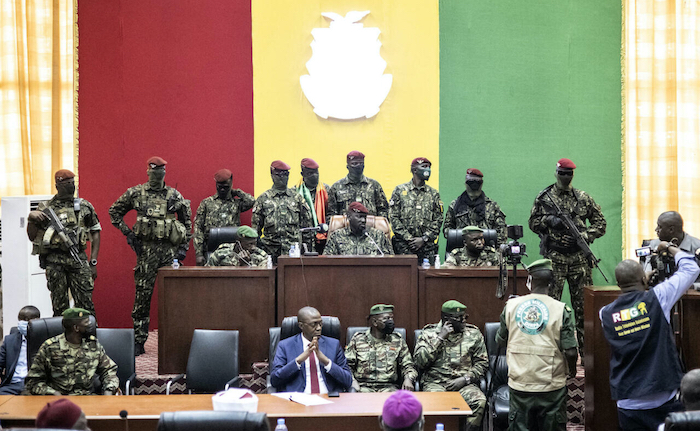
The dissolution of the government, led by Prime Minister Bernard Goumou, follows the coup led by Mamady Doumbouya, who ousted elected President Alpha Condé amid protests against Condé’s controversial pursuit of a third term. The decree did not provide specific reasons for the dissolution or a timeline for establishing a new government.
READ ALSO: UK Economy Slips into Recession with Consecutive Quarters of Negative Growth
As part of the dissolution, ministers have been instructed to surrender their passports and official vehicles, with their bank accounts frozen. Security agencies have been tasked with sealing Guinea’s borders until the transition of power to the junta is complete. During the interim period, lower-level officials will oversee state ministries, according to Camara.
The junta’s actions align with the previously agreed-upon transition period of 24 months, set by the Economic Community of West African States (ECOWAS). Guinea is expected to hold elections within 10 months to restore democratic rule as the transition period concludes.
Guinea joins several other countries in West and Central Africa, including Mali, Burkina Faso, Niger, and Gabon, which have experienced coups in recent years. These coups have been met with condemnation from regional organizations such as ECOWAS, the African Union, and the United Nations.
The dissolution of the government and the imposition of border closures mark significant developments in Guinea’s political landscape, signaling continued instability amid efforts to transition back to civilian rule.


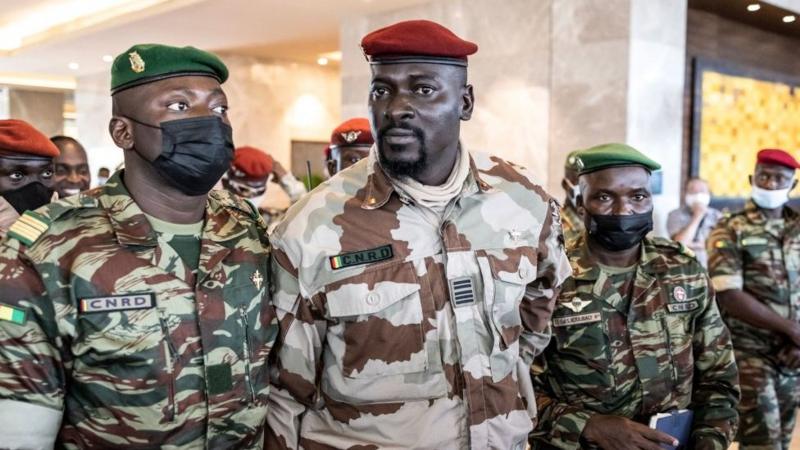
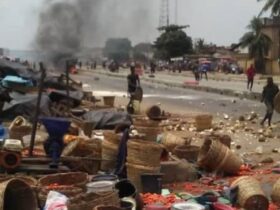
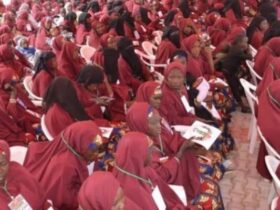
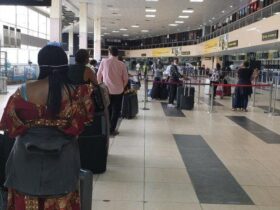
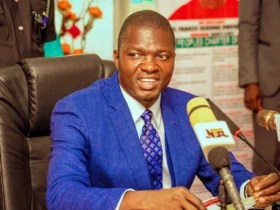
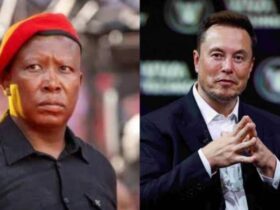
Leave a Reply